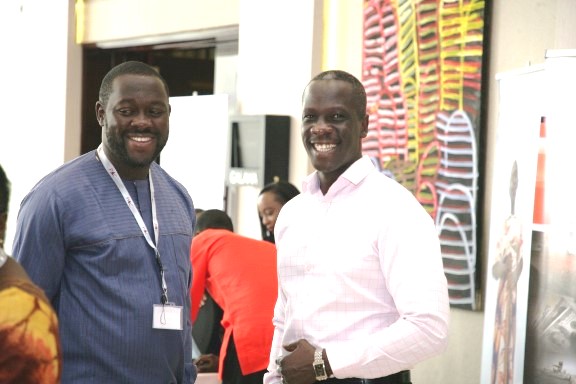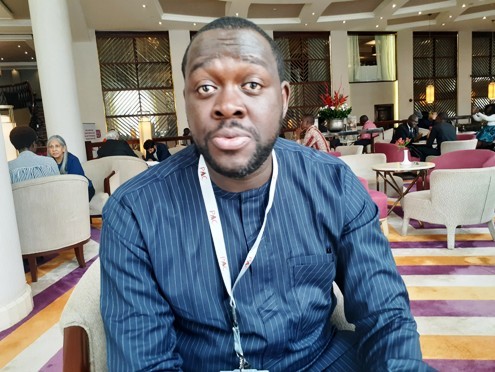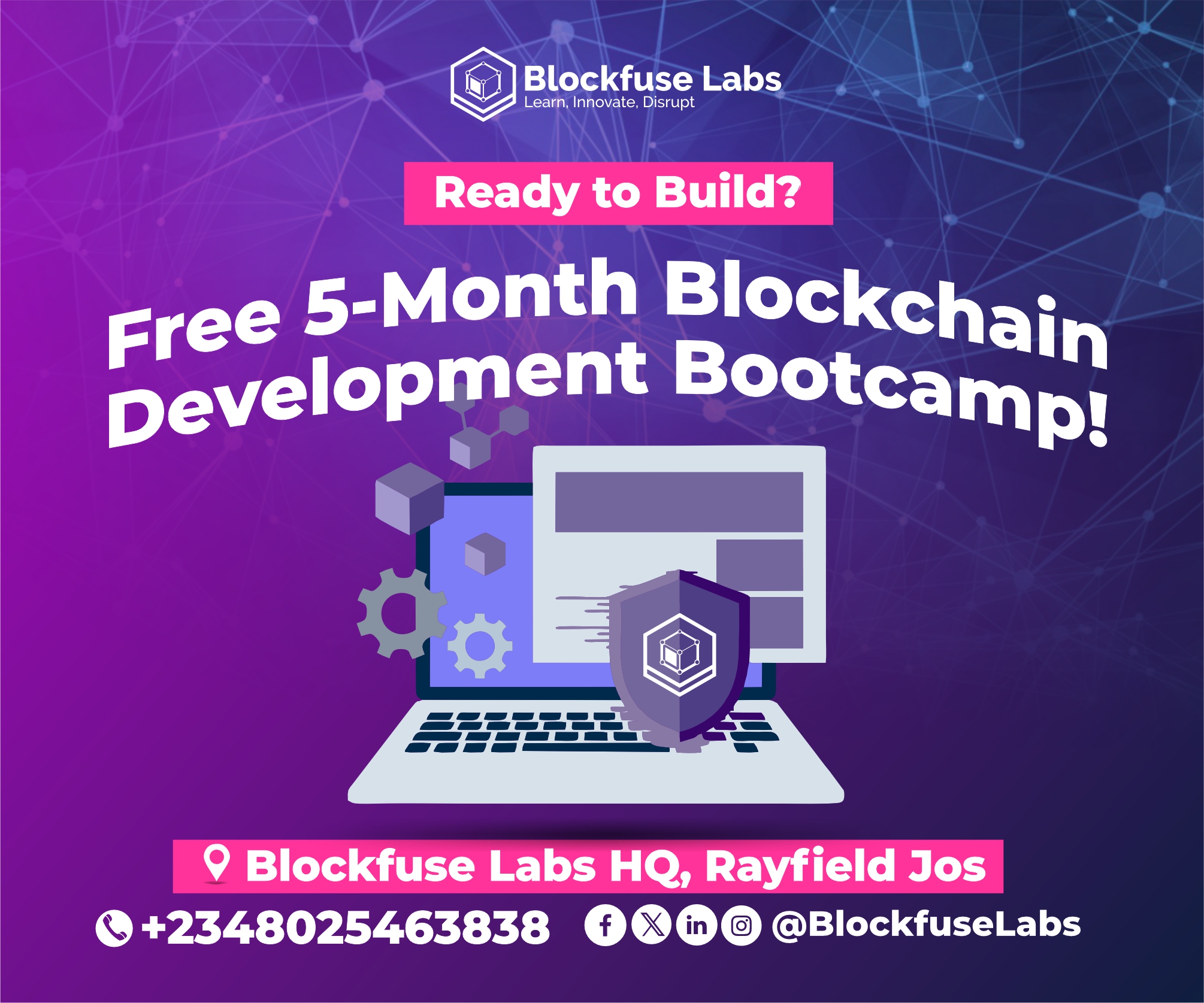Pirfa Jingfa Tyem is a tax expert with over nine years working experience with Federal Inland Revenue Service (FIRS) of Nigeria. Currently a legislator and Chairman House Committee on Revenue Generation and Chairman House Committee on World Bank Projects & Parastatals at the Plateau State House of Assembly, he spoke with Olusegun Oruame during a side chat at the 7th Pan African Conference On Illicit Financial Flows and Taxation that held in Nairobi, Kenya.
Let’s know a little about you, what’s your focus?
My name is Pirfa Jingfa Tyem, by the special grace of God I’m a member representing Langtang North State Constituency at the Plateau State House of Assembly. I studied Geology and Mining at the prestigious University of Jos. A lovely abstract for what I’m doing now and I’ve worked with Federal Inland Revenue Service (FIRS) for nine years before venturing into politics.Now, my first experience and exposure in tax was when I joined FIRS although I had prior exposure because of my father but my direct contact with tax was when I joined FIRS. I started the oil and gas department, so I have a lot of background knowledge in oil and gas department, taxation. At the last tax office in Abuja, all I dealt with had to do with non-oil issues, and I developed non-oil taxation app. My last posting had to do with research at the development unit which was under the office of the executive chairman that’s where I resigned and I joined politics. I have a couple of publications, one primarily referenced being part of a team that developed the first Tax Awareness Index Scale. It’s published in an international journal – you can Google it, “Tax Awareness Index Scale” and you’ll be able to see us. I have done a little bit of taxation insights and that’s how I met Tax Justice Network Africa and since then I have attended a couple of their programmes and this year, at the 7th Pan African Conference On Illicit Financial Flows and Taxation here in Nairobi, Kenya I’m moderating a session. The session is focusing on the digitization of revenue, opportunities and challenges, beyond efficiency of revenue collection. At the House of Assembly in Plateau State, Nigeria, I’m the Chairman, House Committeeon Revenue Collection and I’m also the Chairman, House Committee on World Bank Projects and Parastatals, so I have two hands across two strategic committees.
“When a problem comes we solve it, but how have we tried to look into the future and prepare, that’s what this conference is all about. A lot of people are moving toward the digital space, moneys are moved using crypto currencies, a lot of things are happening that no one has tabs on, so this conference seeks to expose us to these challenges and then we’re talking about it now.”
The perception usually out there is that citizens are over taxed, under taxed or not properly taxed. What is your own viewpoint?
I agree with all three. There are some people that are not taxed at all, as much as Nigeria has tried and I’m saying this from the perspective of the FIRS where I had a lot of experience, getting tax payers registered, getting them on the tax base, is actually a big issue. We must give kudus to the FIRS for always coming up with innovative ideas, one of these lovely innovations was the synergy between the CAC [Corporate Affairs Commission] and the FIRS where as you’re registering your company the FIRS can have access to it and generate the tax identification number straight away but then there are others like the individuals that are not in the tax net so you can’t tax those ones. And then the compliance level, there are a lot of companies that are not compliant, for example there are companies that you do jobs for, you do businesses with and they don’t deduct withholding tax and they don’t even charge VAT. Some have for audit purposes and intelligence work, when you have this information, have this data you can now trace this companies and convert them to compliant companies. So there are a lot of companies that are not taxed. Then they are those that are overcharged, I agree in the sense that well look at the tax regime, very lovely regime for self assessment which gives you the opportunity to come forward and say “You know what? This is what I made, this is my turnover, and this is my cost. Based on this, this is my profit.” You now pay your tax based on verifiable income. Now let’s look at another lovely scenario, this is my personal thought, it doesn’t represent FIRS. Well, look at VAT. VAT is paid by the final consumer, and it’s suppose to be 5%, when VAT starts at the top, by the time it gets to the bottom, yes it’s 5% but is it really 5%? So those issues are there. Then, there are those that are not taxed properly, which may appear to be a harsh term to use, the question now goes back to: is it allowed for the purpose of tax planning? Does it mean that whoever does his planning properly avoids paying certain taxes, yes and it’s backed by the law, it is only when you do it improperly that you get caught, then you’ll have to pay penalties and fines. That’s why I said I agree with all three, it all depends on how you look at it, but it’s not peculiar to Nigeria.
“The perception about taxes by Nigerians, especially those below income level and those in the villages is very bad.”
I’ll ask just two questions more, The first one is about awareness, I know the FIRS has a lot of creative approaches to create awareness, but there is still a high point at which you’ll say that tax awareness by citizens is next to zero. Majority of the citizens still don’t know what taxing is all about or how tax assessment works, so how do we address the issue of awareness? I’m asking because you’re a law maker and you’re very conversant with this kind of challenge as it concerns the grassroots. Secondly, are there legislative frameworks that we can use to raise the awareness level on taxation?
Now this is an interesting angle and I’m going to give a brief summary and I believe that will answer this question. One, the core function of the legislature, is oversight, legislative function and representation; we are the face of our constituencies, it all depends, I can put up tax awareness forward because I have prior tax knowledge and I can find a way of getting across to my constituents, what of a person who doesn’t have this knowledge? That is what informed our decision to develop the ‘Tax Awareness Index Scale.’ It will interest you to know that when we did it when I was in FIRS we translated it to Hausa, Igbo, Yoruba and Tiv language – these four languages. It was suppose to be a tool of researchers to use to test our awareness level.

There is also the issue of perception, when we look at the awareness, people know that they are suppose to pay taxes but the perception about taxes by Nigerians, especially those below income level and those in the villages is very bad. The assumption we faced at FIRS was people walking up to you and saying “We pay our taxes, we don’t see what is done.”The answer is this, I have a duty and my duty is to assess, collect and account, that’s where my work stops. I am no duty bound to say “Spend this here, spend this there.” It’s best for people to understand where everybody role starts and ends.
Then, the other issue is the expectations by the constituents from the legislature, now the assumption and that is what we are faced with is that the legislature is meant to do executive functions, I don’t have executive powers, I get paid salaries, even for constituency projects, it has to go through a system, it’s not like before when I know that I have ten million, I have five million ,no, you have to now identify each projects, and lobby, so it’s not as easy at that. The perceptions about our roles have to be sorted out, because people need to understand that for tax purposes, everyone plays a role, it is now left for the executive to now implement and make sure these projects are done and you know this takes us back to the critical issues that even the executive doesn’t get enough money because you’re saddled with salaries, and Nigerians overhead cost is expanding every day. These are the truths we need, but as legislatures, we will try to use whatever opportunities we have to educate people, so that people understand that in real terms this is what is going on and expectations should be checked.
“This conference is trying to identify what the digital economy is, it’s like we’re hunting for a lion, do you know what a lion looks like? So we are trying to see what the digital economy looks like and understand the best way to address it.”
You’ve been here yesterday and today, are there any core values from this conference to take back home?
Yes a lot actually. You see I spoke at a conference in Dakar a few months ago and my position has always been that we should be proactive, but one of our weaknesses as a continent is that we are palliative, when a problem comes we solve it, but how have we tried to look into the future and prepare, that’s what this conference is all about. A lot of people are moving toward the digital space, moneys are moved using crypto currencies, a lot of things are happening that no one has tabs on, so this conference seeks to expose us to these challenges and then we’re talking about it now, yes we don’t have a framework that understudies and will solve all these problems but the fact that we are talking about it suggests that we have identified a challenge and we are working towards finding a solution. But lastly, the main thing we need to do and that is what this conference is trying to do is identify what the digital economy is, it’s like we’re hunting for a lion, do you know what a lion looks like? So we are trying to see what the digital economy looks like and understand the best way to address it.
“The assumption we faced at FIRS was people walking up to you and saying: “We pay our taxes, we don’t see what is done.”The answer is this, I have a duty and my duty is to assess, collect and account, that’s where my work stops. I am no duty bound to say “Spend this here, spend this there.” It’s best for people to understand where everybody role starts and ends.”

































